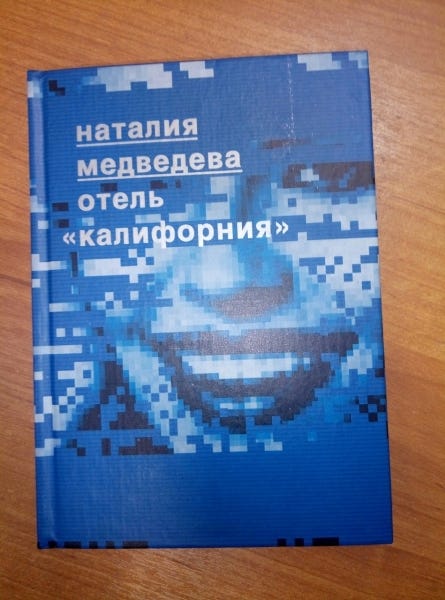Day 20: Soviet immigrant crap lit
Is there any book written by a Soviet immigrant of my generation that's actually worth reading?
It’s day 20 of the COVID-19 lockdown here in Los Angeles. It’s raining outside, and earlier today Evgenia spotted a coyote. I’ve been surfing the web and saw that the New Yorker published an excerpt from a new memoir by a Soviet immigrant. The author’s name is Alex Halberstadt. His book: Young Heroes of the Soviet Union: A Memoir and a Reckoning.
Reading it, I asked myself: Is there any book written by a Soviet immigrant of my generation about the immigrant experience that’s actually worth reading? As far as I know, pretty much all of it has the same cliches piled on top of each other. And the ones that get the really good press — like Alex’s book — get processed through the same liberal arts college writing workshop filter. It’s so predictable that a computer algorithm could write these things — with different variables plugged in for age, sex, parents, and various background data points. But I guess there must be a market for lit confirming every smug cliche that educated liberal Americans have about their own superiority and the awfulness of Soviet and Russian life. In Alex’с case, his story starts with the most powerful of Russian cliches: The Potemkin Village!
The talks took place at a sanatorium in a nearby village, Okeanskaya. The Party boss decided that the road from the sanatorium to Vladivostok—the route along which Brezhnev and Ford’s motorcade would travel on a sightseeing trip—would reflect the city’s rebirth. In a matter of days, police turned out families living in cabins and lean-tos along the road and burned down their homes. Crews of workers cut down several hundred of the Primorsky region’s tallest, straightest firs, trucked them in from the surrounding forests, and stuck them upright along the road in freshly bulldozed banks of snow. It was a variation on a time-honored tradition. Some historians claim that when Field Marshal Potemkin lined the desolate banks of the Dnieper River with hollow, elaborately painted façades, during Empress Catherine’s visit to Crimea in 1787, he did it not for Catherine’s benefit but to impress the foreign emissaries in her travelling party.
In Russia, appearances have always mattered more than reality, and, judging by appearances, we lived in a socialist Arcadia that our grandparents had sacrificed themselves to build…
Zzzzzzz…br…[cough, cough]…what happened?
Now that I think of it, there’s only one Soviet immigrant book about the immigrant experience that I truly respect. It’s called Hotel California and it’s by Natalya Medvedeva, a singer and a model who was married for a long time to Eduard Limonov. Evgenia turned me on to it, and the book blew my mind. Brutal and funny, it’s about Natasha’s life here in Los Angeles in the 1970s as she interacts with other Soviet immigrants and starts her modeling career. It’s full of life and bile and hatred — hatred of America, hatred of her fellow immigrants. It’s nothing like the polished dead prose pumped out by the comfortable New Yorker crowd. And it’s only in Russian. There is no translation.
Natalya passed away in 2003 in Moscow. Maybe it was a suicide, but most probably was an accident. Eduard Limonov passed away a few weeks ago. From what I know, their’s was a big, true love. And they’re both gone. I’ve been meaning to write about Natalya and her book — and how unique it is. Gonna do it soon.
—Yasha Levine
Sign up for Immigrants as a Weapon. You won’t regret it! And check out the archive.



